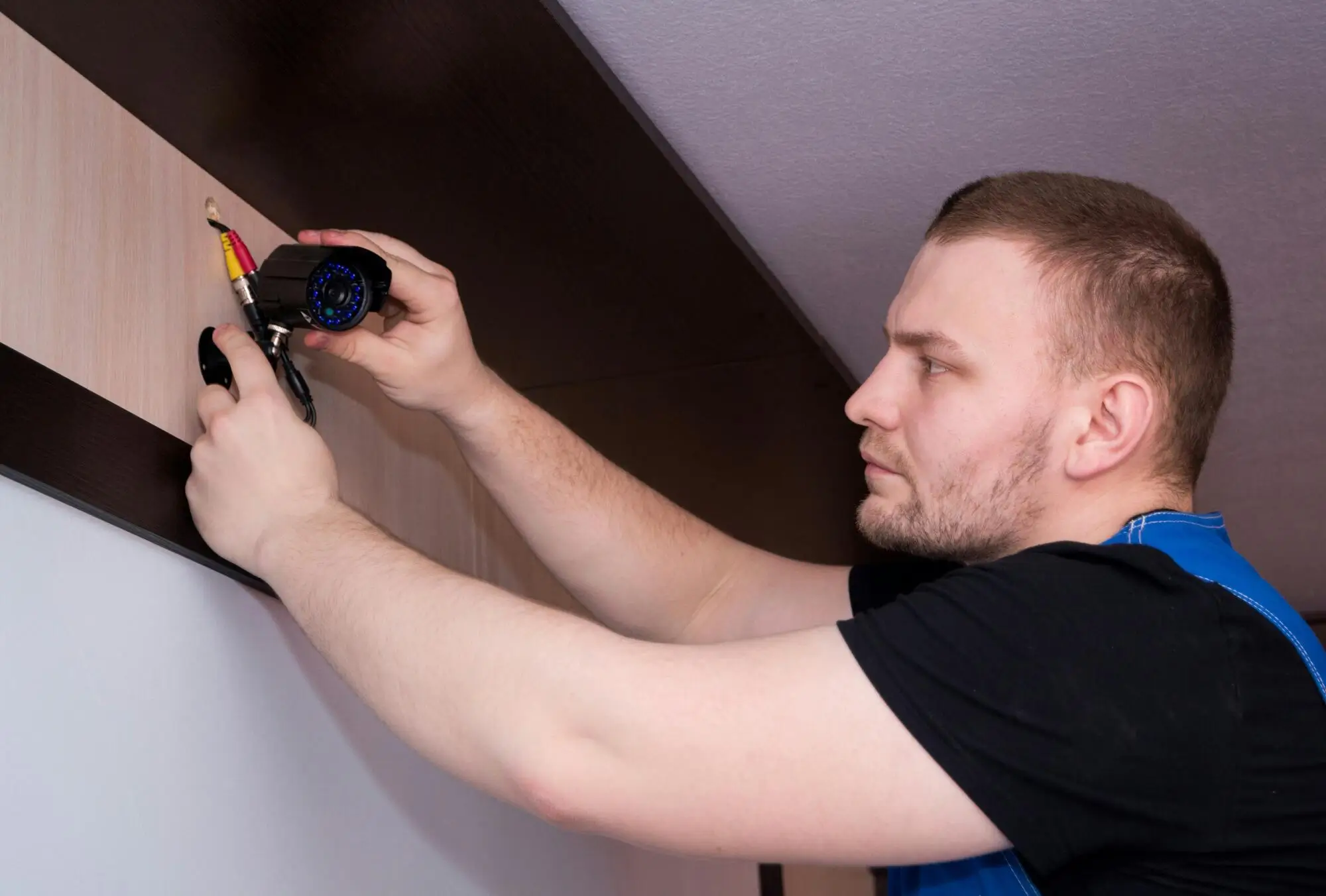Regular inspections are the backbone of successful rental property management, helping landlords protect their investment and tenants enjoy a safe, well-maintained home. Knowing what to look for during each walkthrough prevents costly surprises and ensures compliance with lease agreements. These inspections also set the stage for long-term property value and tenant satisfaction.
Imagine a tenant reporting a small leak under the sink, but during inspection, you uncover early signs of mold spreading behind the cabinet. Without that visit, the issue could have spiraled into thousands of dollars in damage and a major health concern.
So what do you need to know? Let's go through our top rental inspection tips.
1. Schedule Regular Inspections
Setting a schedule for inspections is vital. Property owners should aim for:
- Monthly walkthroughs for newly rented properties
- Quarterly inspections during the lease term
- Annual comprehensive assessments
Regular inspections help you stay on top of rental property maintenance issues and demonstrate to tenants that you're committed to maintaining the property, which can enhance tenant retention. A good property management company can help you pull off inspections more easily.
2. Prepare a Landlord Checklist
Before each inspection, put together a checklist tailored to your property's specific needs. A well-organized checklist should include:
- Interior condition: Walls, floors, and fixtures
- Appliances: Functionality and cleanliness
- Exterior assessment: Roof, landscaping, and common areas
- Safety checks: Smoke detectors and carbon monoxide alarms
A detailed checklist ensures that you don't overlook essential areas and helps to streamline your inspections.
3. Document Everything
During your inspections, be meticulous in documenting your findings. Take clear photographs and maintain detailed notes to keep track of the property's condition over time and include them in your inspection report. Documenting helps you:
- Support your decisions regarding repairs and maintenance
- Provide evidence in case of disputes with tenants
- Show potential buyers the property's maintenance history, if you decide to sell
- Protect tenant rights
This information is crucial for both your records and for demonstrating due diligence.
4. Communicate with Tenants
Effective communication with tenants enhances transparency and keeps misunderstandings at bay. Before inspections, have your property management company inform tenants about what to expect. Encourage them to address any concerns or issues they might have so that you can address them during the inspection.
Establishing this line of communication helps:
- Build trust and a good relationship with your tenants
- Ensure tenants feel their feedback is valued
- Promote shared responsibility for property upkeep
When you involve tenants in the process, they are more likely to take pride in their living space.
Make Every Rental Inspection Count
Clearly, a rental inspection is an important part of maintaining properties. With this guide, you shouldn't have a problem!
At Five Star Property Management, we don't just "walk through" a unit. We apply our backgrounds in real estate, tax, and accounting to spot details that other companies miss.
From ensuring leases are written to lock in steady income, to verifying that maintenance work isn't marked up unfairly, our inspections are built around the same principle that launched our company: owners deserve transparency, predictable cash flow, and true protection.


